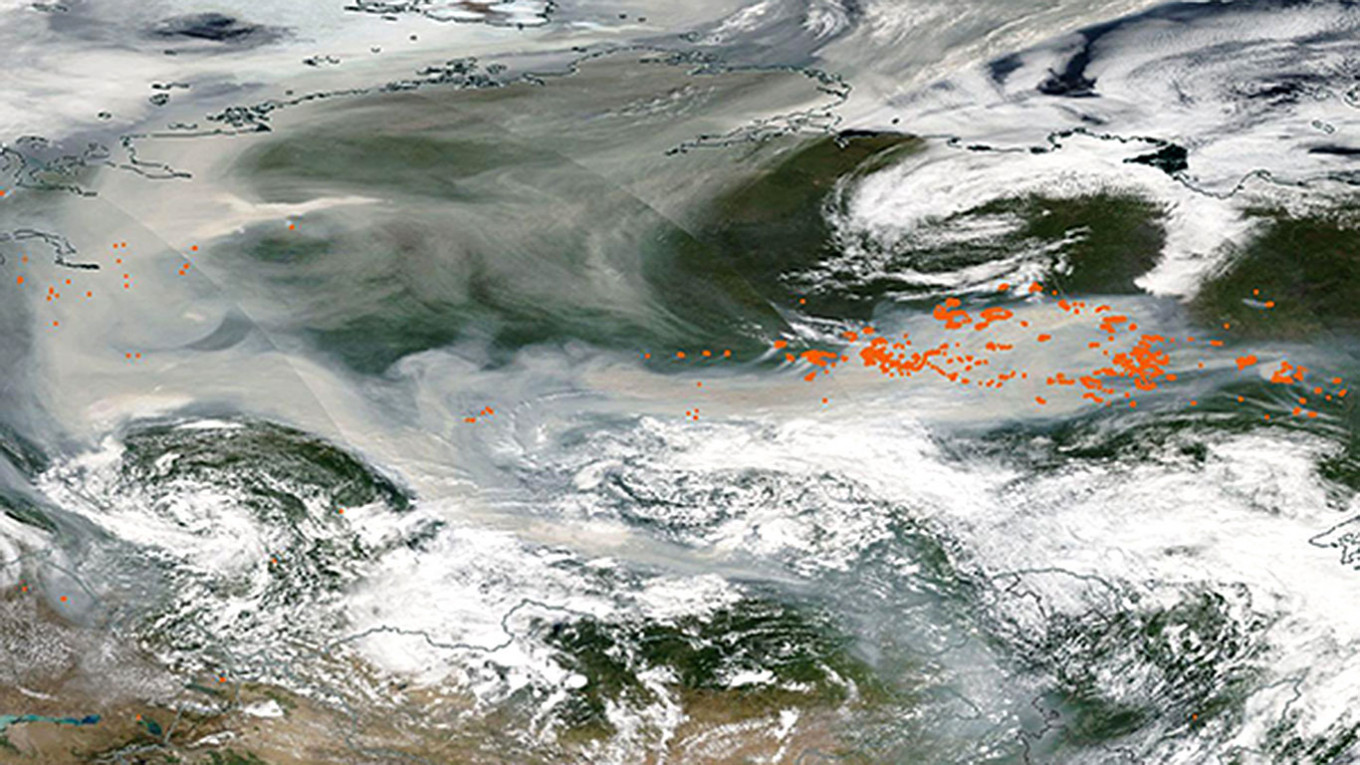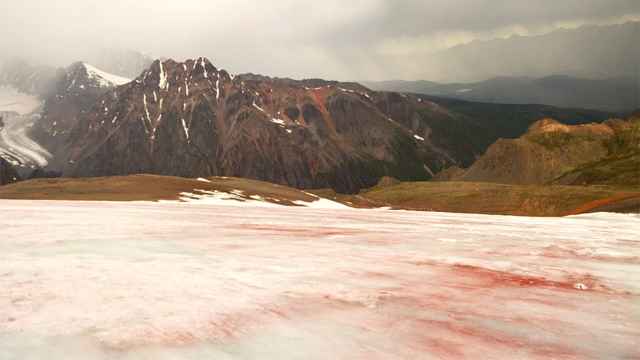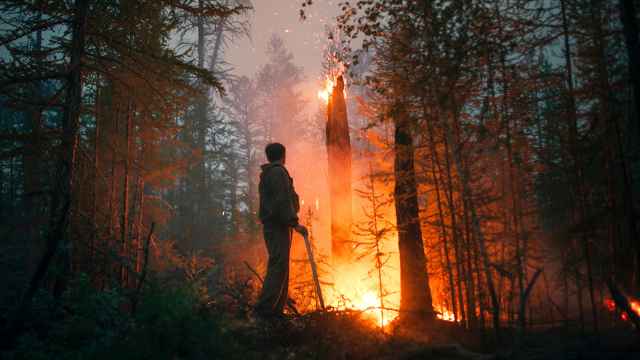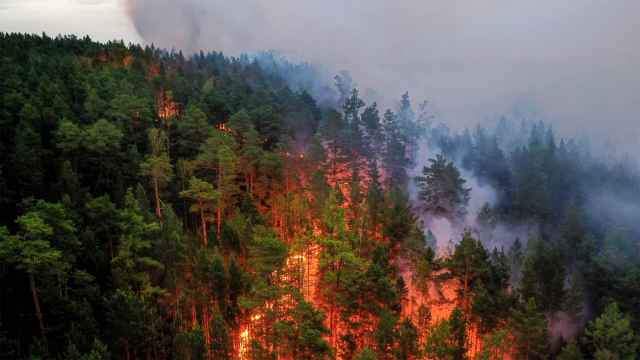Smoke from wildfires burning across Russia’s largest and coldest region has reached the North Pole for what is believed to be the first time in known history last week, according to satellite observations.
The European Union’s Copernicus satellite monitoring service has said that the forest fires in the Siberian republic of Sakha (Yakutia) — fueled by hot weather and a 150-year record drought — have already emitted a record 505 megatons of carbon dioxide with several weeks remaining in the fire season.
“This week, wildfire smoke has traveled more than 3,000 km (1,864 mi) from Yakutia to reach the North Pole, a feat that appears to be a first in recorded history,” NASA’s Earth-monitoring tool MODIS said Saturday.
The thick smoke had blanketed vast swathes of Siberia before reaching the North Pole, sparking evacuations, concerns over deteriorating air quality and orders to clear fire trails of dead wood and fallen trees around endangered settlements.
Smoke has been detected in 1,300 towns and settlements in the Krasnoyarsk region west of Sakha alone, emergency officials said Saturday.
MODIS, or Moderate Resolution Imaging Spectroradiometer, said its satellite has captured “only a small part” of the smoke stretching 3,200 kilometers east to west and 4,000 kilometers north to south Friday.
Citing media reports, it said that the smoke has clouded the skies in locations as far-flung as Mongolia, western Greenland and Nunavut, Canada.
But reaching the North Pole “is continental scale by definition,” University of Maryland atmospheric scientist Santiago Gassó told Reuters.
The EU’s Copernicus Atmosphere Monitoring Service forecast Wednesday that the Russian and North American wildfires will continue spreading across the Arctic Ocean “for the next few days.”
A Message from The Moscow Times:
Dear readers,
We are facing unprecedented challenges. Russia's Prosecutor General's Office has designated The Moscow Times as an "undesirable" organization, criminalizing our work and putting our staff at risk of prosecution. This follows our earlier unjust labeling as a "foreign agent."
These actions are direct attempts to silence independent journalism in Russia. The authorities claim our work "discredits the decisions of the Russian leadership." We see things differently: we strive to provide accurate, unbiased reporting on Russia.
We, the journalists of The Moscow Times, refuse to be silenced. But to continue our work, we need your help.
Your support, no matter how small, makes a world of difference. If you can, please support us monthly starting from just $2. It's quick to set up, and every contribution makes a significant impact.
By supporting The Moscow Times, you're defending open, independent journalism in the face of repression. Thank you for standing with us.
Remind me later.







